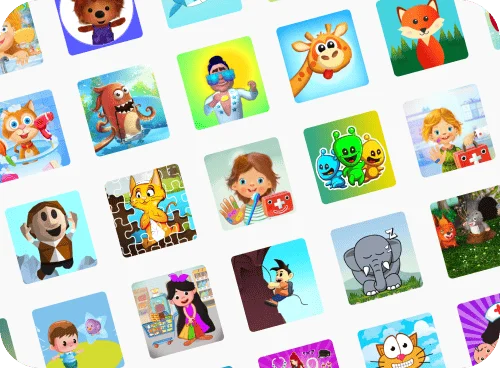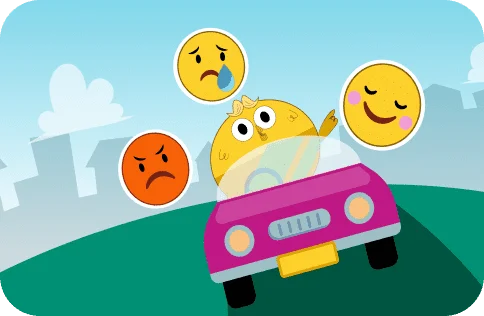
Unlock Growth

Learn To Read

Tracing

Fitness

1000+ Activities

Emotional Wellbeing

Math

Avatar
Contact
- Skidos Labs ApS,
Titangade 11
2200 København N
CVR: 37212962 - support@skidos.com

Unlock Growth

Learn To Read

Tracing

Fitness

1000+ Activities

Emotional Wellbeing

Math

Avatar